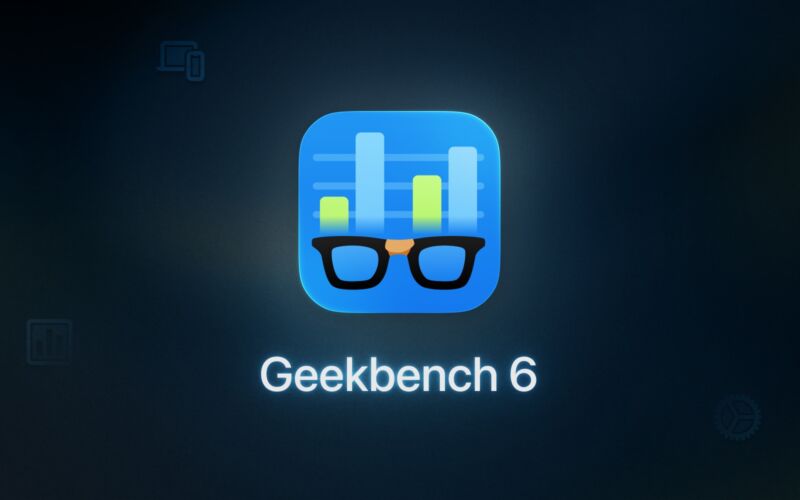Geekbench’s creator on version 6 and why benchmarks matter in the real world

Enlarge (credit: Primate Labs)
We review a lot of hardware at Ars, and part of that review process involves running benchmark apps. The exact apps we use may change over time and based on what we're trying to measure, but the purpose is the same: to compare the relative performance of two or more things and to make sure that products perform as well in real life as they do on paper.
One app that has been a consistent part of our test suite for over a decade is Geekbench, a CPU and GPU compute benchmark that is releasing its sixth major version today. Partly because it's small, free, and easy to run; partly because developer Primate Labs maintains a gigantic searchable database spanning millions of test runs across millions of devices; and partly because it will run on just about anything under the sun, Geekbench has become one of the Internet's most-used (and most-argued-about) benchmarking tools.
"I'm really glad that people seem to have latched onto it," Primate Labs founder and Geekbench creator John Poole told Ars of Geekbench's popularity. "I know Gordon Ung at PCWorld basically calls Geekbench the official benchmark of Twitter arguments, which is the fallout from that."